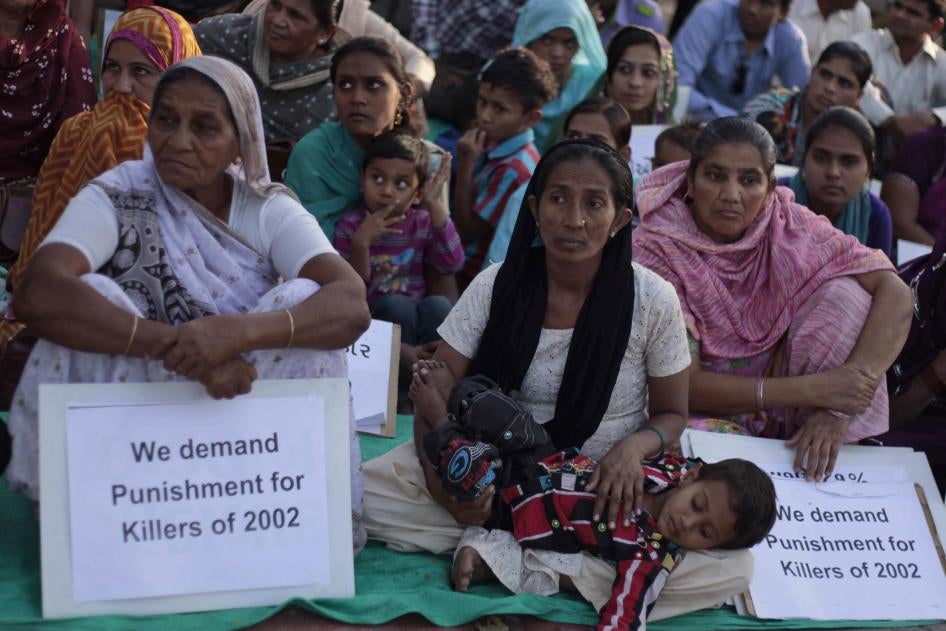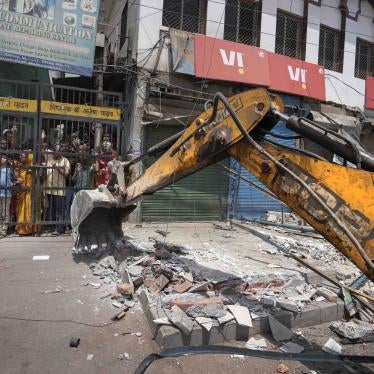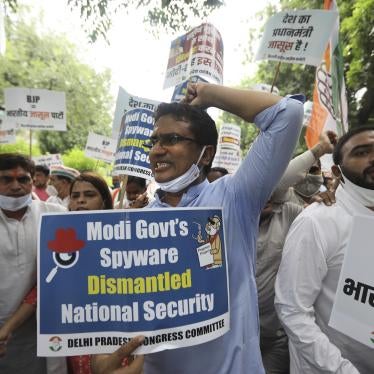The Indian government’s blocking of a BBC documentary on the anti-Muslim riots in Gujarat state in 2002 is just the latest attempt to prevent criticism of the government of Prime Minister Narendra Modi.
Last week, the BBC released the first of a two-part series, “The Modi Question,” highlighting findings of a previously unpublished report of the United Kingdom Foreign Commonwealth and Development Office that investigated the 2002 riots when Prime Minister Modi was chief minister of Gujarat state. Soon after the documentary’s release, Indian authorities invoked emergency powers under the Information Technology Rules to compel social media platforms to take down the video in India.
In February 2002, there was a retaliatory spree of rape and killings across Gujarat after some Muslims attacked a train carrying Hindu pilgrims. More than 1,000 were reportedly killed in the riots, most of them Muslim. Allegations that the state authorities did not act to stop the violence against Muslims, which was often led by leaders of Modi’s Bharatiya Janata Party (BJP) or affiliates, sparked international condemnation. The UK report found Modi was “directly responsible” for the “climate of impunity” that enabled the violence. Many foreign governments, including the UK, stopped engaging with Modi at that time, while the United States revoked his visa.
All that changed when Modi became prime minister in 2014. Indian officials and BJP supporters have worked hard to amend his image. Internationally, Indian diplomats push back aggressively at any criticism of Modi’s involvement in serious human rights abuses.
In 2022, India’s Supreme Court exonerated Modi of criminal responsibility, upholding police findings that there was not enough evidence to prove criminal conspiracy.
But wounds heal and human rights obligations are met when there is a true commitment to justice and reform. Instead, BJP supporters have honored men convicted of gang rape and murder in the 2002 riots. The BJP’s ideology of Hindu primacy has infiltrated the justice system and the media, empowering party supporters to threaten, harass, and attack religious minorities, particularly Muslims, with impunity. The Modi government has adopted discriminatory laws and policies against Muslims and attempted to curb independent institutions. It has frequently used draconian laws to jail critics.
Prime Minister Modi has sought to direct international engagement with India around development and strategic partnerships. But India’s image would be better served if the authorities made greater effort protecting the rights of all Indians – and the rights of those wanting to bring these issues to public attention.










